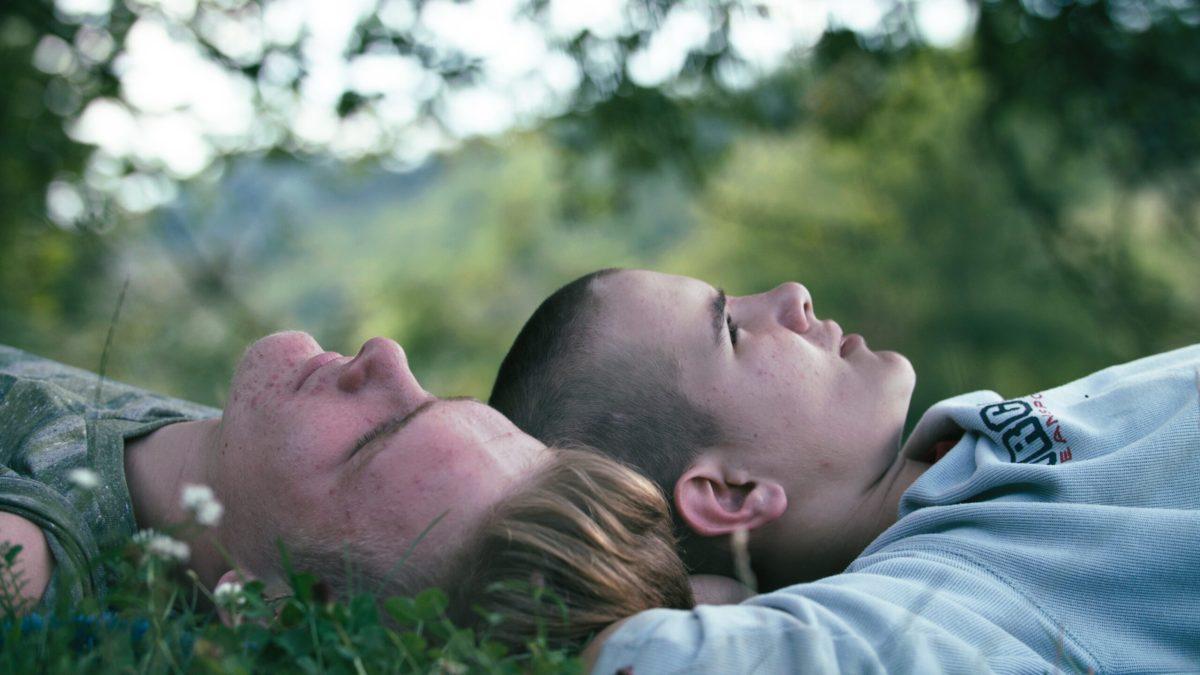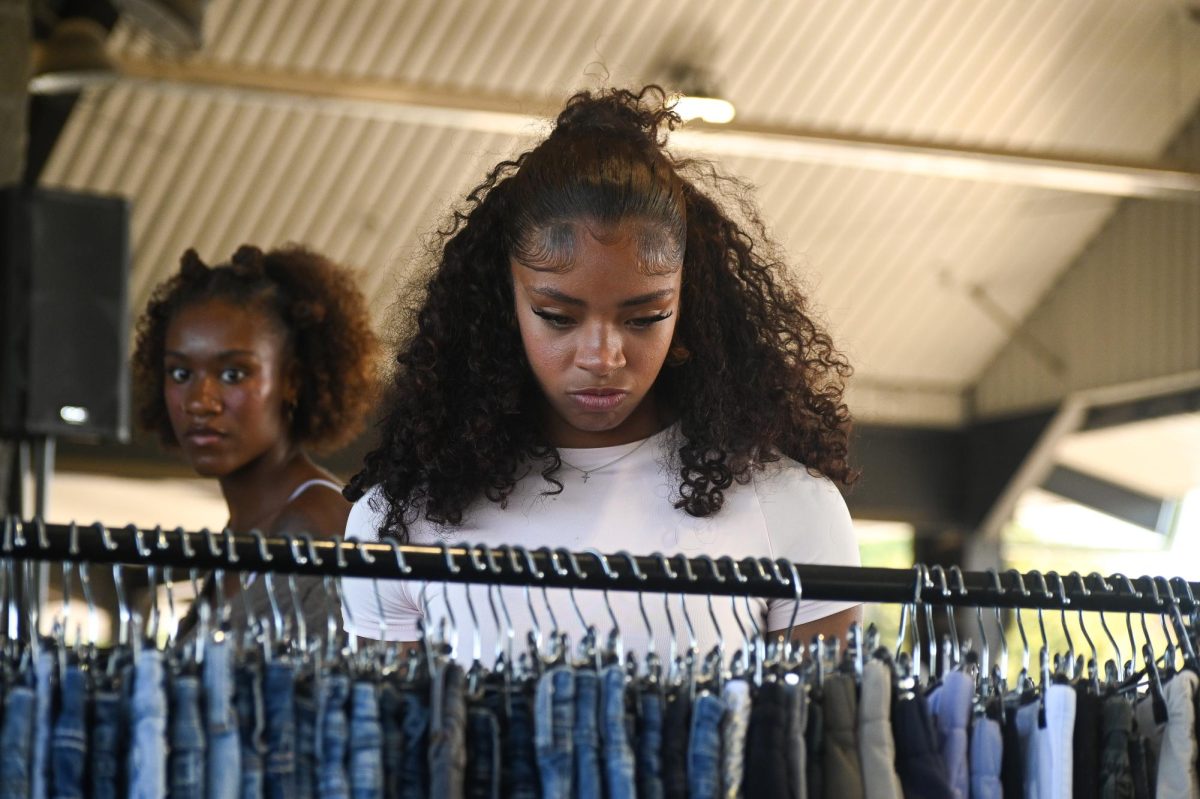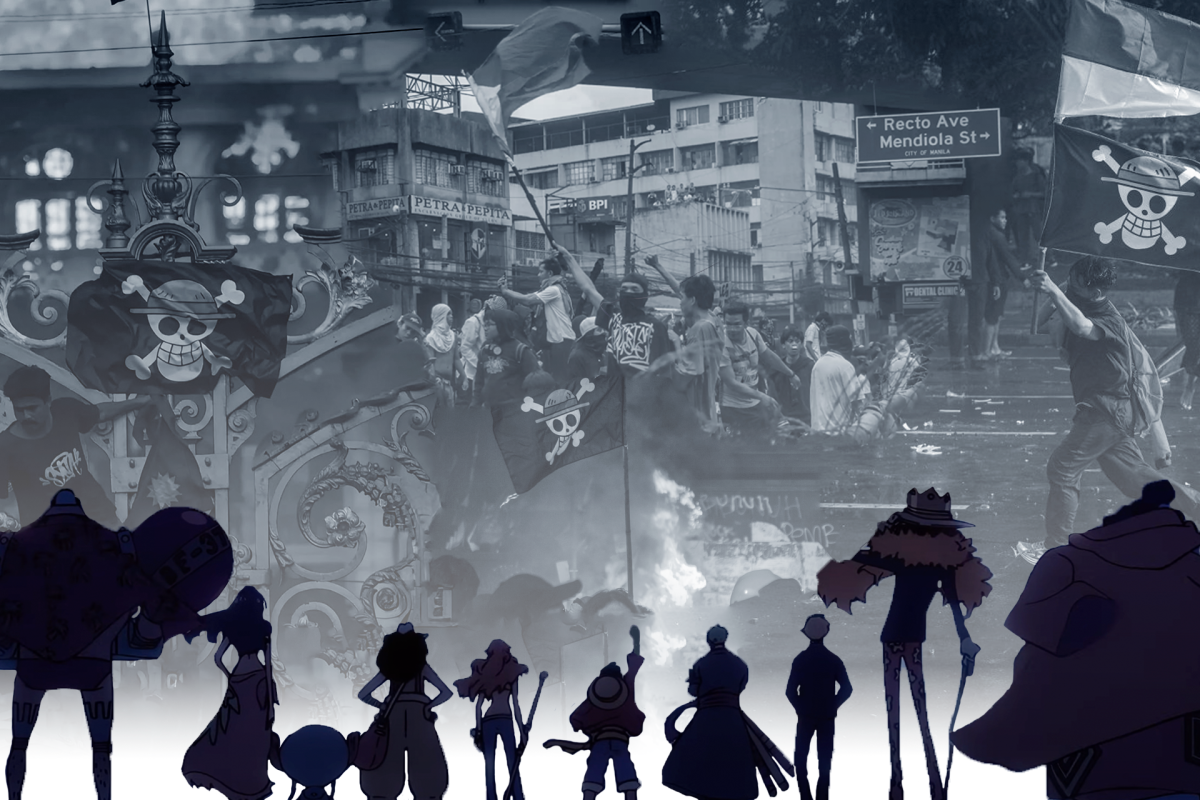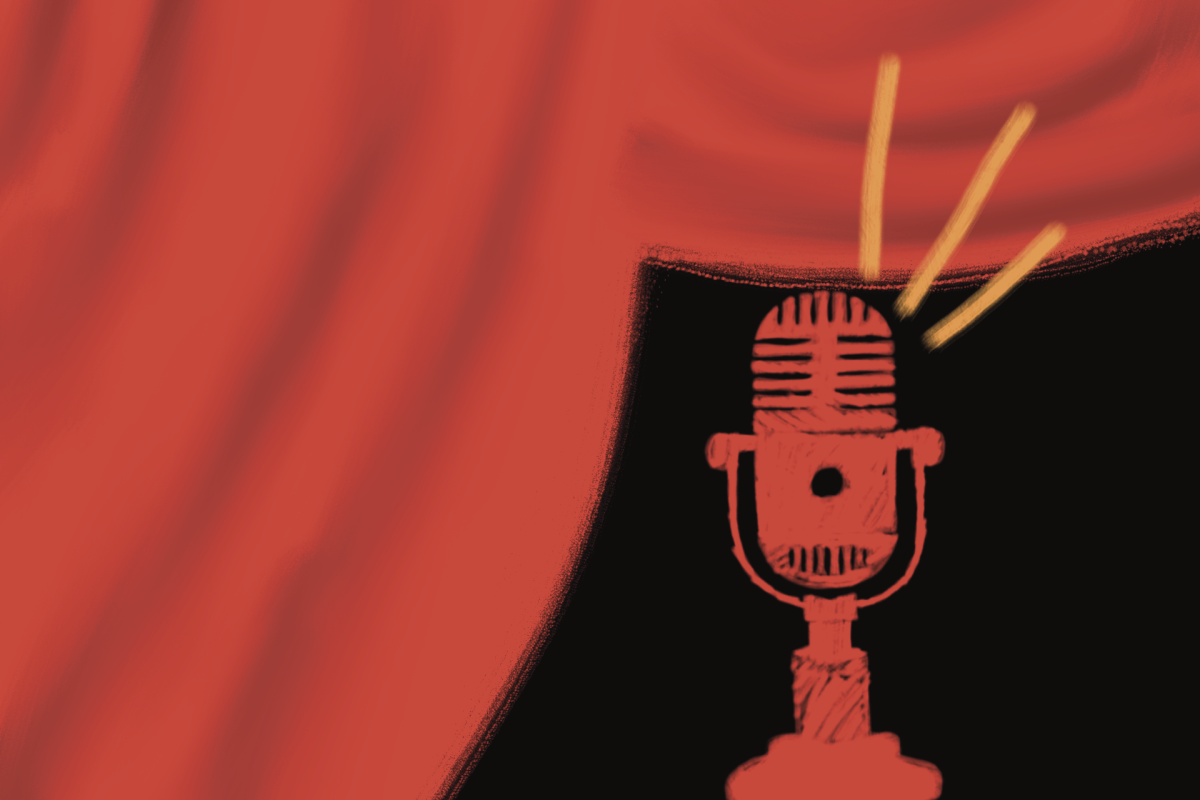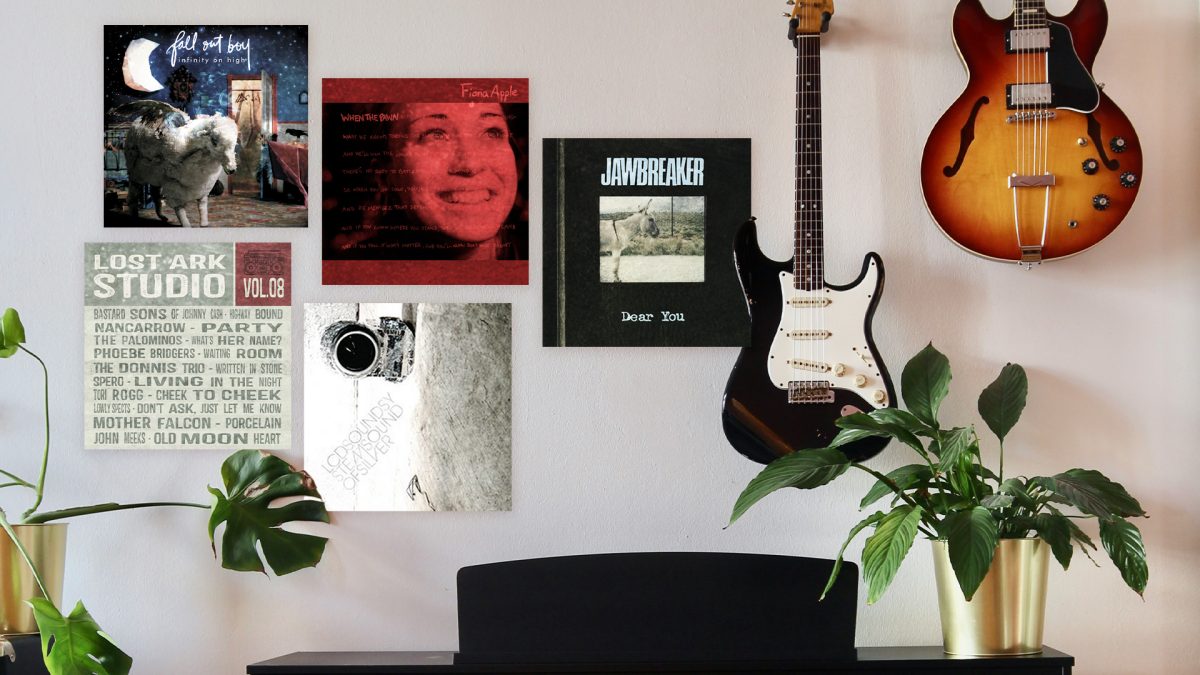It’s no wonder that “Brotherhood” was the first documentary chosen for the 2022 True/False Film Fest. It tells the story of three brothers grappling with their father’s imprisonment and finding their role in the world in his two-year absence, providing a new perspective on adolescence. Director Francesco Montagner urged filmgoers to “see them grow. You will grow a little bit with them,” during the 5:15 p.m. showing on Saturday at The Picturehouse.
As the Delić boys’ father, Ibrahim Delić, leaves for his prison sentence on the charges of war participation and terrorism, he assigns each brother a responsibility. Jabir, the oldest brother, is meant to get a job and support his brothers financially. Ibraham instructs Usama, the middle brother, to continue to shepherd the family’s flock and to increase their sales. Useir, the youngest, whom their father calls responsible, is instructed to go to school and get good grades.
Throughout the film, the boys grow into their independence and find their own versions of religion. They establish opinions of what they should do with their lives and realize the role they each play in the complex dynamic of their brotherhood.
Montagner’s camera work, unsuspecting and sneaky, captures the boys in moments of both deep emotion and trivial silliness that allow us insight into their lives. Montagner said during the Q&A after the film that he intentionally blurred the lines between the movie’s documentary and fiction qualities through strategic edits. These edits fully immerse viewers so they feel like an extension of the brotherhood. This included cutting over a center line during dialogue or following the boys through darkness without a light of his own. The camera work is so seamless that it’s almost a surprise when you remember the story was filmed in real time during unscripted interactions.
Intimate scenes of the boys waking up in a dewy field, having the light of a fire dancing across their faces or sprinting down the road are what make the movie so vulnerable. In some moments, the boys each seem independent and strong, but through these shots, we remember they are teenagers navigating the world without a guardian or figure of emotional guidance.
The boys are not perfect. They get in wrestling matches, call girls vampires and whales and take a dozen selfies before posting a single picture on Instagram. Montagner said he and the other three filmmakers in the crew grew close to the three boys over the four years they filmed the movie, and the closeness is clear in these shots of imperfection. The three clearly do not feel the need to censor their inner thoughts in front of the crew, and that’s what makes their portrayal so honest.
Over the course of filming, the boys mature physically and emotionally. Hair grows longer, they grow taller and independence becomes necessary. The brothers’ relationships with religion and their rationalization of their father’s actions and imprisonment also evolve throughout the film. Sometimes the moments feel tender, such as a scene where Usama yells and hits trees in the forest after his father tells him his hard work during his absence was not good enough. We see him search for his father’s approval by practicing Islam more diligently than his brothers and making sure they uphold their father’s expectations, but his father still does not validate him. Vulnerable moments such as these remind viewers again of the youth of these boys, despite how they may appear independent or jaded. This is another testament to the silent, close observation of the filmmakers.
The end of the movie mirrors the beginning. After his 23-month sentence, Ibrahim returns and sits across from his three sons once again. He looks the same, but his sons’ faces reflect less hope and more weariness. He reflects upon their responsibilities and assigns them each a new role, all without emotion. This parallel that Montagner draws illustrates the father’s indifference to the repercussions of his actions, but the consequences of his absence for his sons. However, during the Q&A session, Montagner said the consequences of Ibrahim’s imprisonment may be more positive than negative because it drew the boys away from their father’s radical views.
The distance between the radical ideas of Ibrahim’s generation and the brothers’ generation is something Montagner said initially drew him to this family and this topic. He questioned how the patriarch’s imprisonment might shape the sons’ adolescence and politics. If Montager did not care for the boys, observing their misfortunates in the name of filmmaking could exploit a heartbreaking situation. However, he uses a carefully calculated balance of fun and emotionally vulnerable shots to show a beautiful story of growth and independence in the face of adverse situations. Montagner’s expert cinematography, so artfully composed, connects an audience to a story they may have never considered: what it is like to be the child of a man imprisoned for terrorism.
Edited by Lucy Valeski, [email protected]


